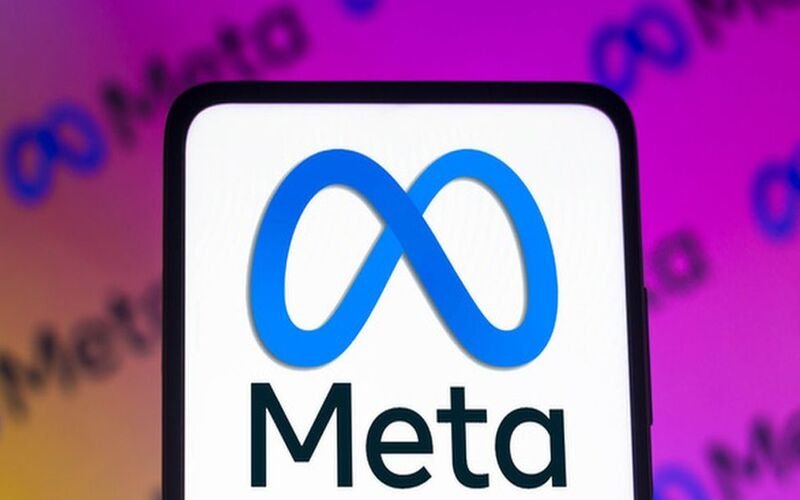Meta’s Privacy Challenges: Implications for Targeted Advertising and Data Practices
Meta, the parent company of Facebook, recently faced a significant setback in the European Union’s top court. The ruling has far-reaching implications for targeted advertising and data practices, potentially leading to a ban on Meta’s merging of user data from WhatsApp, Instagram, and third-party sites with Facebook data in Germany. This decision undermines Meta’s legal justification for targeted advertising and highlights the growing intersection of antitrust and privacy enforcement in the digital landscape. In this article, we delve into the implications of this ruling, its impact on Meta’s targeted advertising model, and the broader consequences for the Big Tech industry.
The EU Court’s Decision: Privacy and Antitrust Convergence
The European Union’s Court of Justice upheld Germany’s Federal Cartel Office’s power to require Facebook, owned by Meta Platforms Inc., to modify its tracking practices concerning users’ internet browsing and smartphone applications. The case originated from an antitrust investigation into Facebook’s alleged breaches of the EU’s stringent data protection regulations. The court’s ruling affirms the authority of antitrust regulators to assess privacy breaches and strengthens the link between antitrust and privacy enforcement in the digital economy.
Meta’s Targeted Advertising Model Under Scrutiny
Meta’s targeted advertising model relies on merging user data from various platforms, such as WhatsApp and Instagram, to provide personalized advertisements. However, the recent ruling challenges the company’s legal justification for such practices, underscoring the importance of genuine user consent and the potential abuse of market power. The court’s decision blows up Meta’s claim of a “legitimate interest” in processing user data without proper consent, opening the door for more scrutiny of data practices in the Big Tech industry.
Implications for the Big Tech Industry
The ruling against Meta has broader implications for the entire Big Tech industry. It highlights the need for companies to reassess their data practices and ensure compliance with antitrust and privacy regulations. The convergence of these two areas of law underscores the growing emphasis on safeguarding user privacy and preventing the abuse of market power by dominant tech companies. This decision can reshape how targeted advertising is conducted and how user data is handled in the digital landscape.
Privacy Advocates and GDPR Compliance
Privacy advocates, including notable figures like Max Schrems, welcome the court’s decision to nullify attempts to bypass the General Data Protection Regulation (GDPR) regulations. The ruling emphasizes the importance of genuine user consent and reinforces the role of data protection in the actions of dominant companies. This decision is expected to encourage further scrutiny of data practices in the industry and prompt companies to prioritize GDPR compliance. While a new EU-U.S. data-sharing agreement is being pursued, challenges from the Court of Justice of the European Union (CJEU) may still arise, casting uncertainty on the future landscape of data privacy regulations.
Charting the Path Forward: Antitrust, Privacy, and Collaboration
The ruling by the EU’s top court signifies a new era in enforcing antitrust and privacy regulations, particularly within the digital economy. It underscores the importance of collaboration between antitrust and GDPR authorities to ensure effective oversight of Big Tech companies. Coordinated efforts can help strike a balance between fostering innovation and protecting user privacy, reinforcing consumer rights, and preventing market abuses. In the future, regulatory bodies will likely continue to closely monitor the practices of tech giants, imposing measures to safeguard user data and promote fair competition in the digital marketplace.
Conclusion
Meta’s recent setback in the European Union’s top court has significant implications for the Big Tech industry’s targeted advertising and data practices. The ruling reinforces the importance of genuine user consent, the prevention of market abuses, and the convergence of antitrust and privacy enforcement. Companies operating in the digital landscape must reassess their data practices to ensure compliance with antitrust and privacy regulations. By prioritizing GDPR compliance and fostering collaboration between regulatory bodies, the industry can chart a path that balances innovation and user privacy, leading to a more equitable and transparent digital ecosystem.

















































